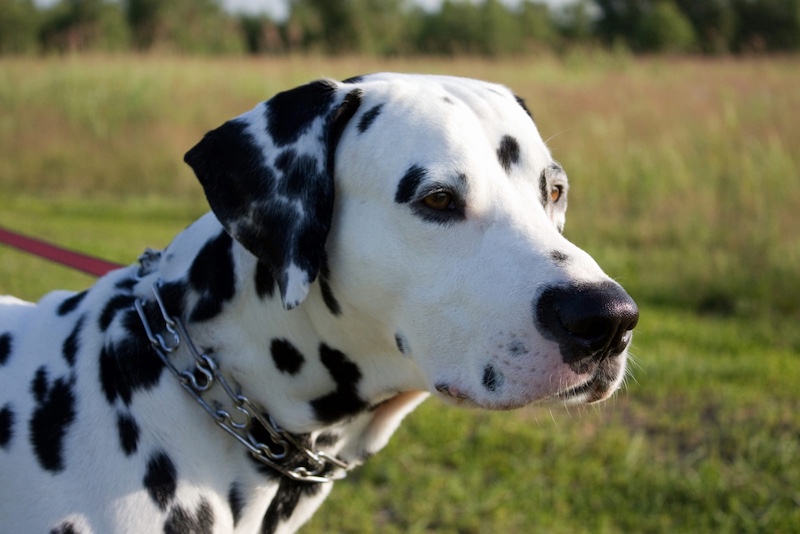Not all dog breeds are suited for households with young kids. Many dogs can be trained and socialized to behave well, but some breeds have characteristics — such as strong prey drives, guarding instincts, or low tolerance for unpredictable behavior — that make them less ideal around children, especially without supervision. Here are 10 dog breeds that should never be left alone with children.
Chow Chow
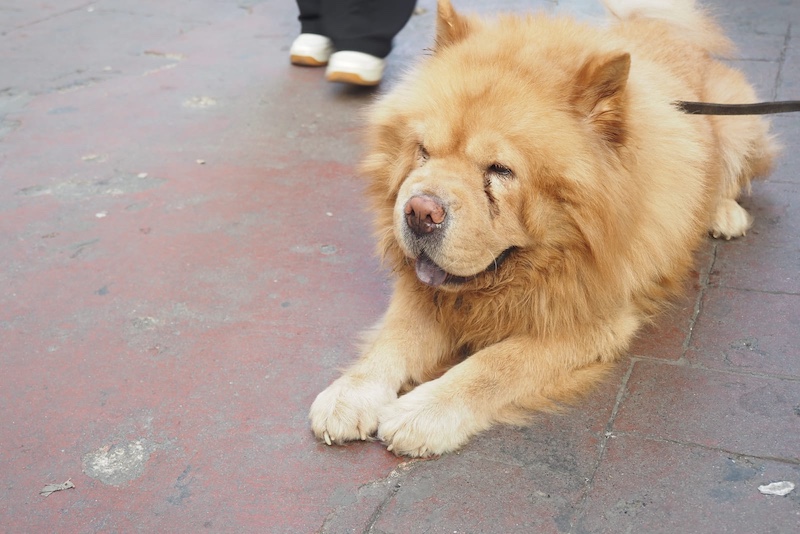
Chow Chows are known for their independent and aloof nature. They’re not typically affectionate or playful, and they can become irritable when handled roughly—something kids often do without realizing. According to the American Kennel Club (AKC), they are highly territorial and can become aggressive if they feel threatened or annoyed.
Akita
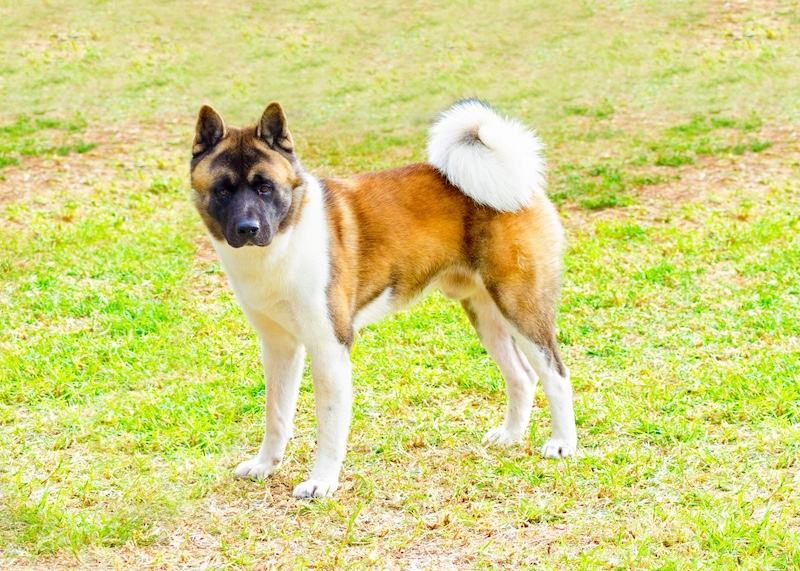
Akitas are powerful, strong-willed dogs originally bred for guarding and hunting. They can be loyal and protective with their families, but they often don’t tolerate strangers or children well. The Akita Club of America advises careful supervision around unfamiliar people and stresses early socialization. Their sheer strength makes them a risk if play escalates.
Alaskan Malamute
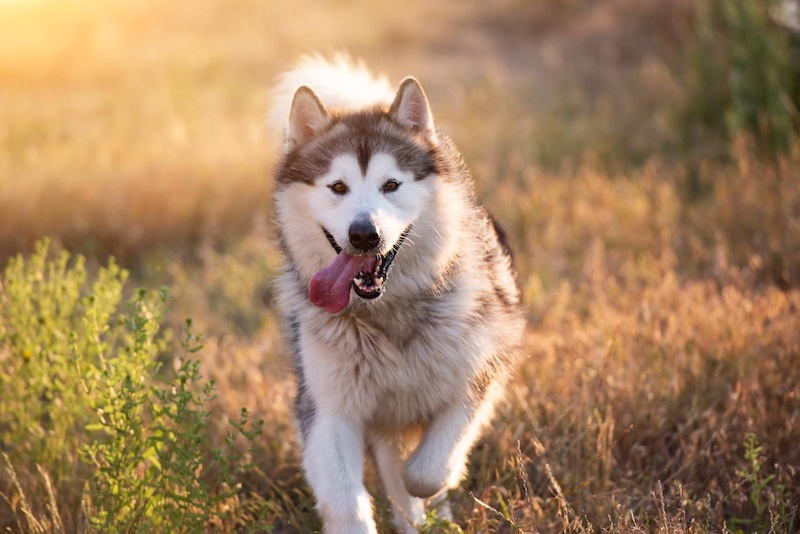
Alaskan Malamutes are high-energy working dogs with strong prey drives. While they’re often friendly, their boisterous behavior can easily overwhelm small children. They can also become irritable if bothered while eating or resting. According to the ASPCA, Malamutes require consistent training and plenty of supervision in family settings.
Doberman Pinscher
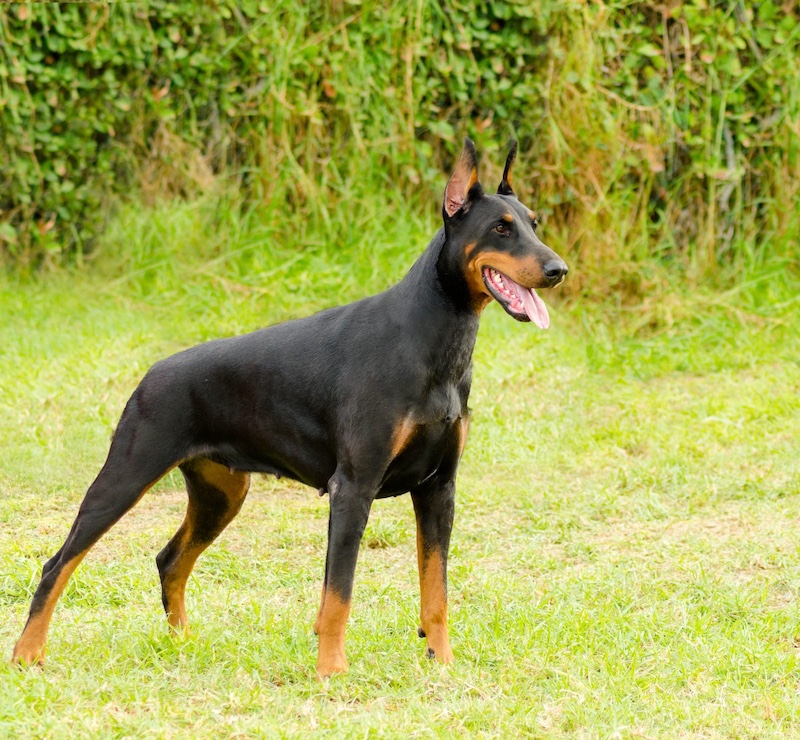
Dobermans are intelligent and alert, but they can be overly protective, especially if they perceive a child’s behavior as threatening to their owner. Without proper training, their guarding instincts can become unpredictable. The AKC recommends Dobermans only for experienced dog owners who can commit to early and ongoing training.
Rottweiler
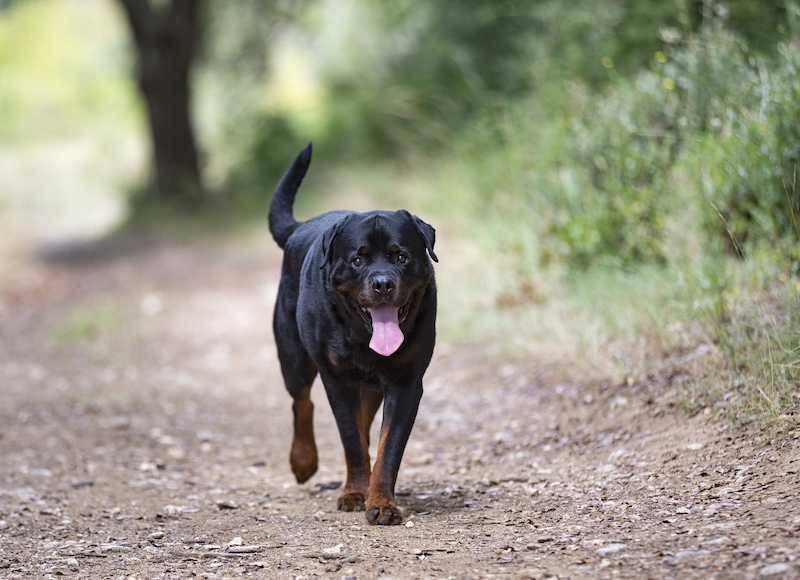
Rottweilers are powerful and confident dogs that can become aggressive without proper structure and training. According to the CDC, Rottweilers have been involved in a disproportionate number of fatal dog attacks in the U.S. over the years. Their size and strength mean even a small mistake can have serious consequences.
Jack Russell Terrier
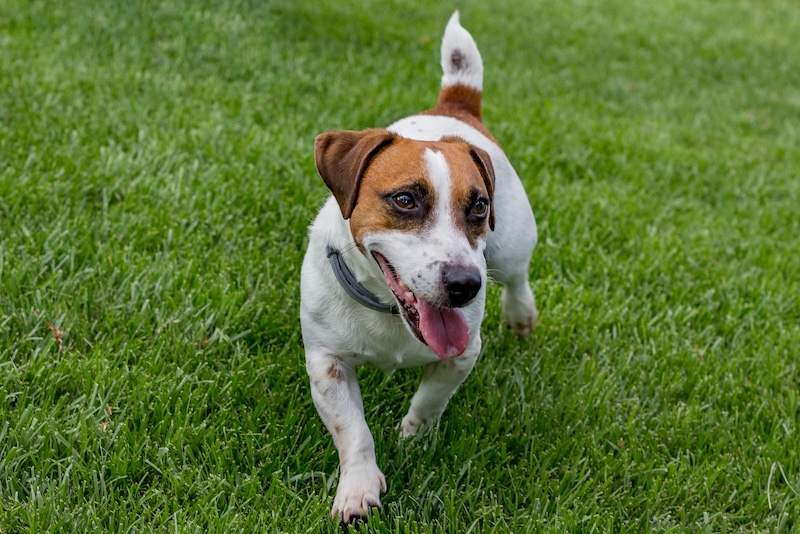
Don’t let their small size fool you—Jack Russells are high-energy, assertive, and sometimes snappy. They don’t usually have the patience for young children’s unpredictable movements or noise. The Jack Russell Terrier Club of America warns that they can be aggressive if not properly exercised or mentally stimulated.
Dalmatian
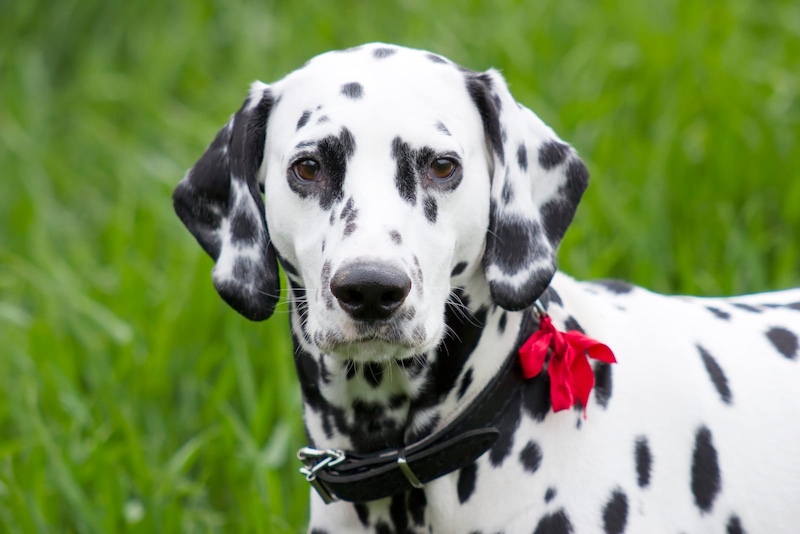
Dalmatians are beautiful and active dogs, but they can be high-strung and nervous, especially without adequate socialization. Sudden movements or loud noises—typical with kids—can startle them into defensive behavior. The Dalmatian Club of America notes that these dogs require structured environments and are not always best for families with small children.
Siberian Husky
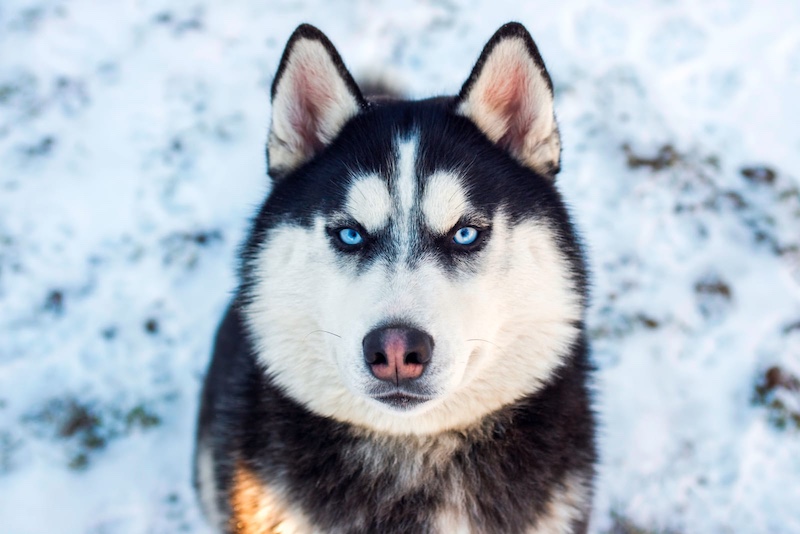
Huskies are friendly and playful, but their high energy and low impulse control can be a problem around small children. They may unintentionally knock a child over or become frustrated if a child tries to restrain them. Their stubborn streak and independent nature mean they don’t always respond quickly to commands.
Weimaraner
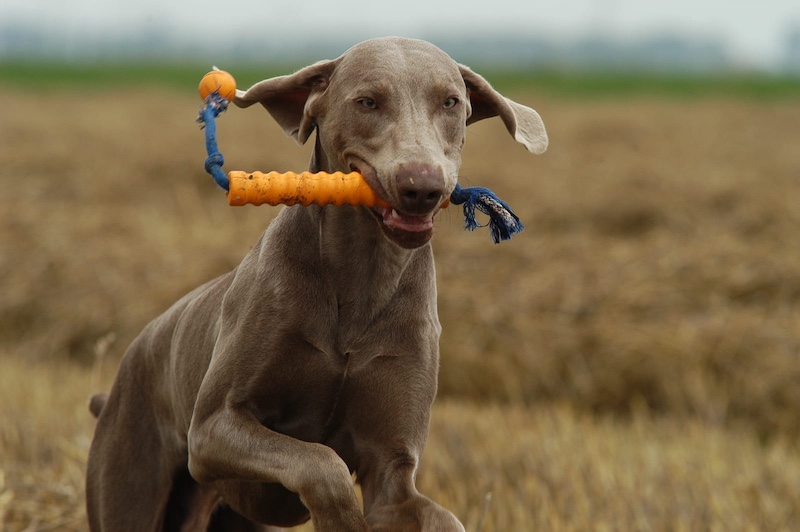
Weimaraners are loyal and intelligent but also intense and high-strung. Without constant physical and mental stimulation, they can become anxious or destructive. The Weimaraner Club of America emphasizes the breed’s need for experienced handlers, as their sensitivity and intensity can lead to poor behavior around energetic or noisy children.
Chihuahua
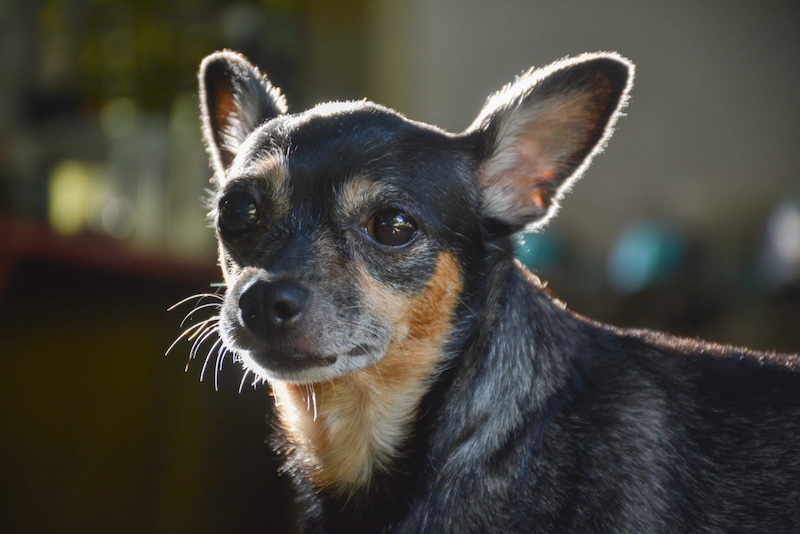
While Chihuahuas are tiny, they’re not harmless. They’re known for being feisty and territorial. Many don’t tolerate being picked up, poked, or grabbed—common behavior from small kids. According to VCA Animal Hospitals, Chihuahuas are among the top breeds to bite children, despite their size.
- Please Note: This content was created with the assistance of AI and thoroughly edited by a human before publishing.

